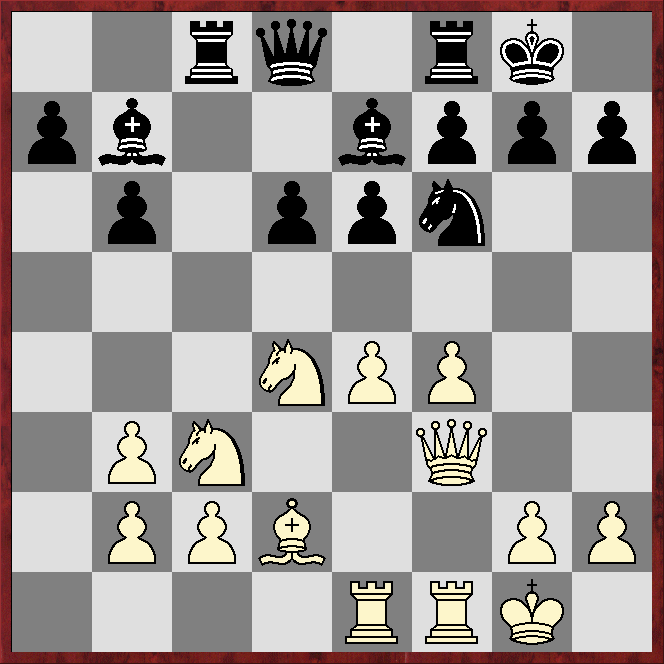By "rules" is meant guidelines or maxims, rather than laws - the latter can also be criticised, but have to be followed (unless, and until, they are changed)!
The rules in question are the likes of: rooks belong behind passed pawns; open a position if you have two bishops and your opponent does not; do not move a piece a second time until all your pieces have been moved once; develop knights before bishops; do not play your queen's knight in front of your c pawn in closed positions; knights on the rim are dim; a bishop on c4 is never a bore.
OK, I made the last one up, but I am sure you get the idea.
American international master John Watson has argued - principally in Secrets Of Modern Chess Strategy, which I am paraphrasing, accurately, I hope - that chess is rule-independent as the exceptions to many rules are as numerous, or nearly so, as the occasions when they apply.
If you have not heard of this argument before, and are throwing your arms up in disgust at the thought of having to go back to the drawing-board with regard to your chess thinking, remember many a villain's words to 007: "Not so fast, Mr Bond."
For Watson's writings have provoked a reaction, not least from Danish-Scottish grandmaster Jacob Aagaard, who argues, for example in Excelling At Chess (again I am paraphrasing), that chess is very much rule-dependent as it is the existence of such maxims that form a starting point for analysis, without which we would be analysing at random.
Two things you can be fairly sure of:
1. Both authors will feel I have not done their arguments justice;
2. The truth probably lies somewhere between the two polarities.
Anyway, the relevance of this to my tournament at Munich can be seen in my round-five game in which the following position arose after 13 moves of a Sicilian Scheveningen.
*****
*****
*****
*****
The game continued 14.f5?! e5 15.Nde2, bringing about the following position.
 |
| Black played 15...Rc5?, but after 14.Be3 Rc8 15.Rd1 he had lost much of his advantage, so what should have been played? |
*****
*****
*****
*****
I suspect most readers of this blog - 1,357 of you yesterday, according to Blogger - will have suggested 15...d5, a classic example of countering a flank attack by advancing in the centre.
Stockfish17 and Dragon1 agree with that choice, claiming Black has a positionally won game.
LESSON: rules, guidelines, maxims - call them what you will, but remember they often do apply, and can be a shortcut to finding the correct continuation.

No comments:
Post a Comment